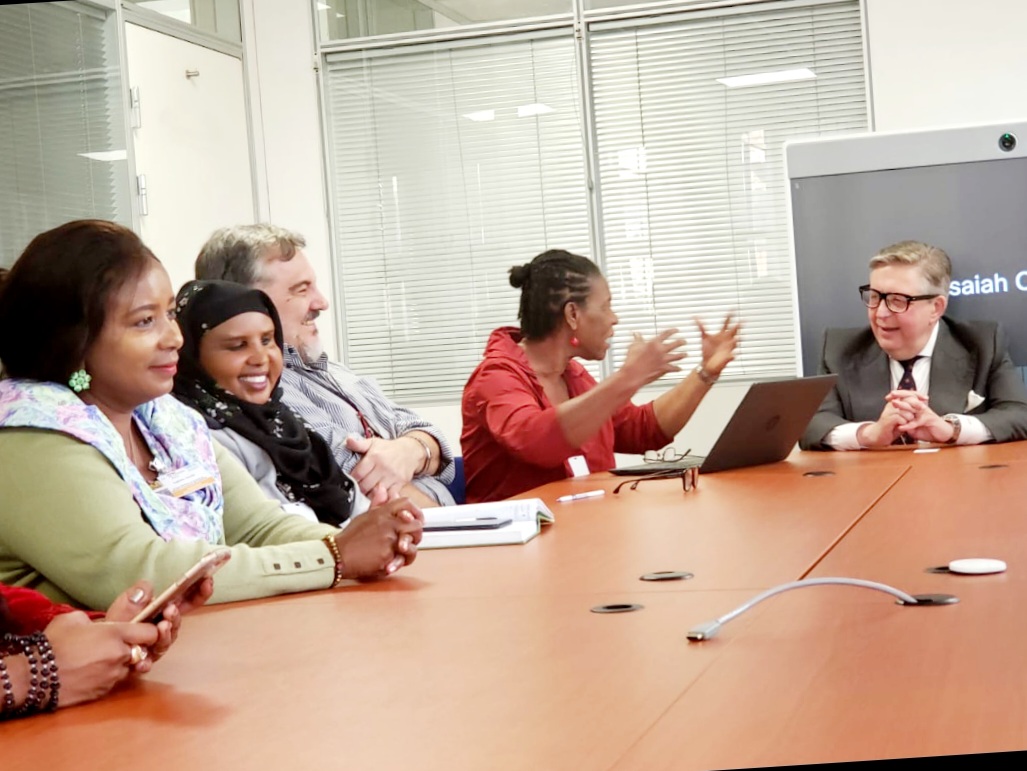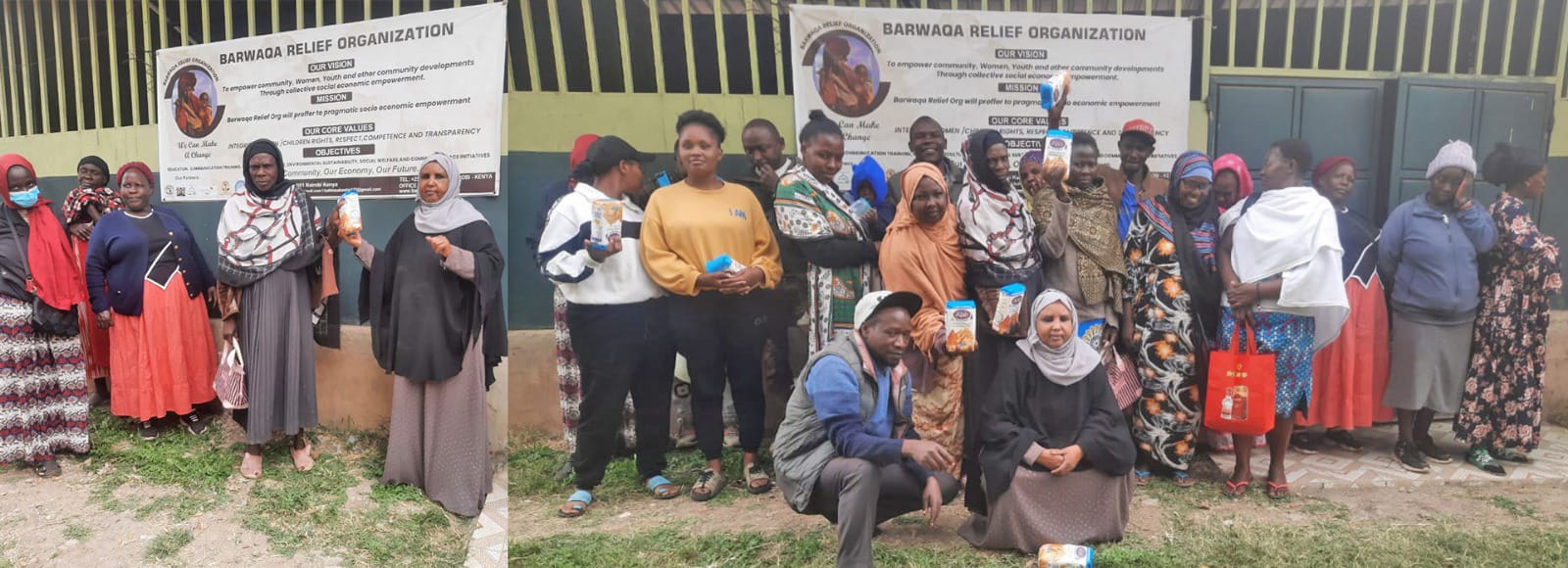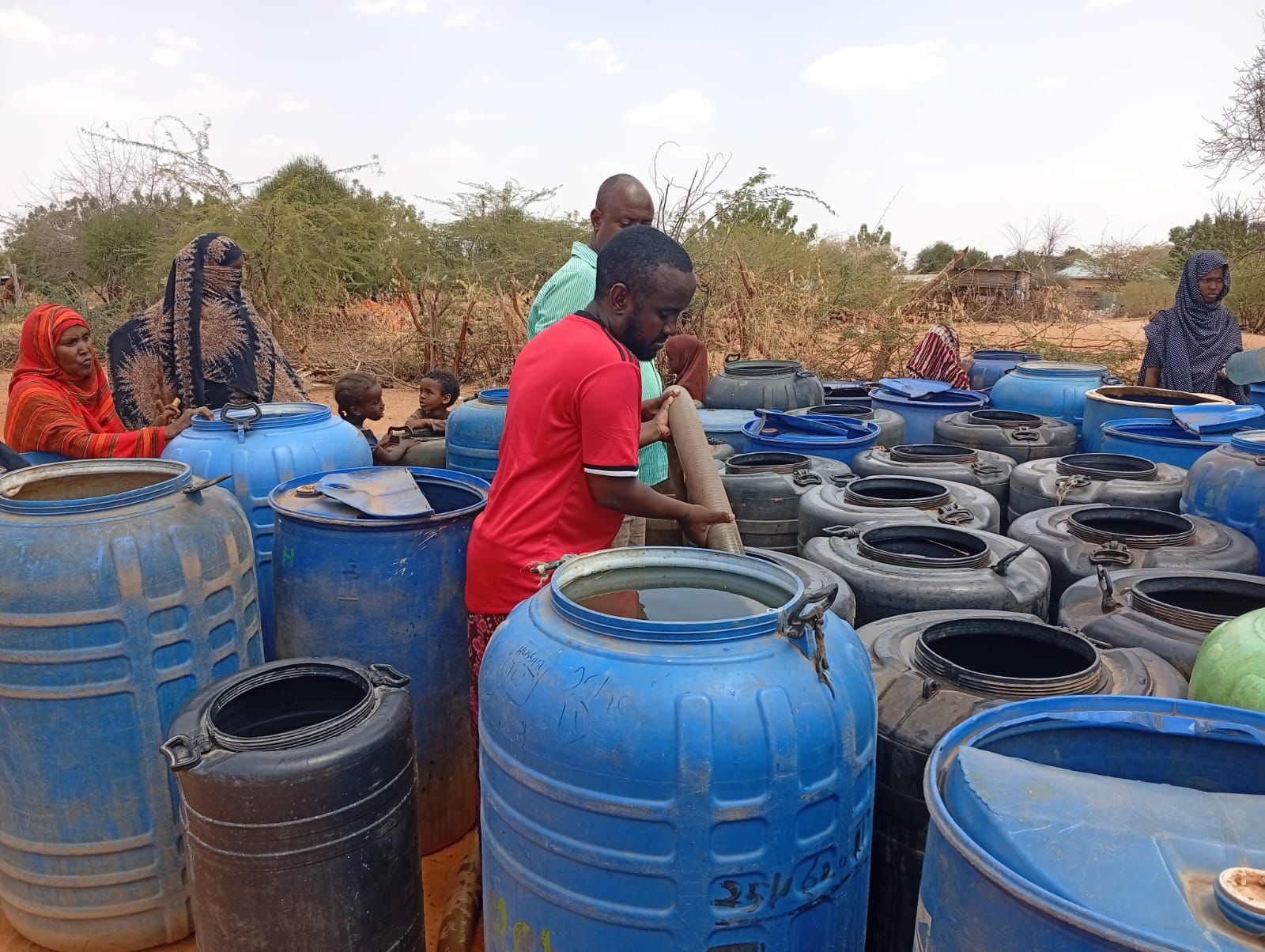At the heart of BRO’s mission to foster resilient and self-reliant communities lies a commitment to collaboration. Recognizing that no single entity can tackle complex humanitarian and development challenges alone, BRO (Building Resilient Organizations) has strategically aligned itself with a growing network of partners. These partnerships play a pivotal role in amplifying BRO’s reach, diversifying its solutions, and ensuring the long-term sustainability of its interventions.
BRO’s collaborative model is grounded in a shared vision of human dignity, social equity, and environmental stewardship. From grassroots organizations to international institutions, BRO leverages diverse expertise and resources to respond to urgent needs while laying the foundation for long-term development. Below is a closer look at some of BRO’s key partners and the transformative roles they play in advancing shared objectives.
1. Primary Water Technologies
Access to clean and safe water is a cornerstone of BRO’s health and development programming. In partnership with Primary Water Technologies, BRO is pioneering sustainable water solutions in water-scarce regions. These innovations go beyond traditional water access models by tapping into primary water sources—renewable and independent of surface water and rainfall. This approach ensures that communities, particularly in arid and semi-arid areas, have a reliable water supply for domestic use, farming, and livestock.
2. SELF.org (Solar Electric Light Fund)
Energy access is critical to economic development, healthcare, and education. Through its partnership with SELF.org, BRO deploys solar infrastructure to power schools, health clinics, and community water systems. These solar solutions reduce reliance on fossil fuels, lower energy costs, and promote environmental sustainability. Solar-powered lighting in homes and public spaces also improves safety and extends productive hours for learning and enterprise.
3. WaterUnity Networks (WUN)
As a founding member of WaterUnity Networks, BRO champions the cause of water justice—ensuring that every person has access to clean, affordable water as a basic human right. WUN provides a platform for advocacy, research, and capacity building in water governance. Together with other members, BRO contributes to shaping policies and community-driven models for sustainable water management.
4. UN-Habitat
BRO collaborates with UN-Habitat to address the challenges of urbanization and displacement. This partnership focuses on sustainable urban development, including the construction of affordable, disaster-resilient housing and the rehabilitation of informal settlements. The joint initiatives ensure that urban expansion is inclusive, environmentally sound, and centered on human well-being.
5. United Nations Convention to Combat Desertification (UNCCD)
Land degradation and desertification are pressing threats in many of BRO’s target communities. In collaboration with UNCCD, BRO supports land restoration projects, promotes agroforestry, and implements soil conservation practices. These interventions not only restore ecological balance but also improve agricultural productivity and community resilience against climate shocks.
6. FFD4 Civil Society Organizations
As part of the Financing for Development (FFD4) civil society movement, BRO actively participates in global dialogues on sustainable financing. This platform amplifies the voices of grassroots organizations and promotes innovative financing mechanisms for development. BRO’s involvement ensures that funding strategies are equitable, transparent, and responsive to local realities.
7. Global People’s Organization (GPO)
Through the GPO, BRO engages in grassroots mobilization and global advocacy. This partnership connects BRO to a wider network of citizen-led initiatives focused on justice, accountability, and civic participation. Together, they drive community-led solutions that uphold human rights and promote democratic governance.
8. Public Benefit Organizations (PBOs) Federation
As a member of the PBOs Federation in Kenya, BRO strengthens civil society collaboration, information sharing, and collective advocacy. This federation acts as a unified voice for non-profit organizations, enhancing their influence on national policy and development agendas.
9. Community-Based Organizations (CBOs)
BRO’s most vital partnerships are often with grassroots actors—community-based organizations that operate at the frontlines of change. These partnerships ensure that programs are locally owned, culturally relevant, and effectively implemented. BRO builds the capacity of CBOs to deliver services, monitor impact, and engage meaningfully in decision-making.
10. International Donors & Stakeholders
BRO’s work is supported by a network of international donors and development partners who provide financial, technical, and strategic backing. These collaborations enable BRO to scale up successful models, pilot innovative solutions, and maintain high standards of accountability and impact measurement.
Conclusion
BRO’s partnership ecosystem exemplifies the power of collaboration in development. By aligning with organizations that share its values and goals, BRO expands its ability to meet urgent humanitarian needs while building resilient, self-reliant communities. These alliances reflect BRO’s belief that sustainable development is best achieved when knowledge, resources, and leadership are shared across sectors, borders, and levels of society.
As global challenges grow in complexity, BRO’s collaborative model offers a blueprint for how civil society can lead through partnership, innovation, and people-centered action.



